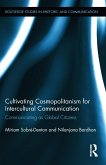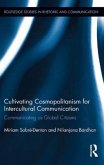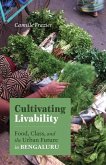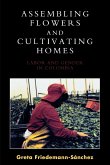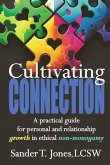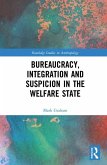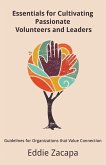At the heart of 21st century discourses are questions of whose lives may matter more than others. While the debates themselves are not new, the #hashtags they are linked to and the media through which concerns around moralities of living together are expressed allow for debates to reach large numbers of people in accelerated, individualised and accessible ways. The new media have been powerful in (re)igniting debates and (re)activating demands for social change. Yet, the focus of ubiquitous #hashtags on binary positions may render it easy to neglect their nuances and facets. In recognition of grey-zones, contradictions and ambiguities, this ethnography focuses on a suburb of Cape Town, Observatory, and its recently revived Neighbourhood Watch as an urban renewal project and attempt to decrease notions of vulnerability to crime and violence. In Observatory - considered to be liberal and bohemian by its inhabitants - the framing of topics within the Neighbourhood Watch group often take on an abstract, intellectualised form. Nevertheless, the group with its rather clashing ideals is grounded in and fuelled by recycled crime stories as well as snapshots of suspected criminals that continue to reappear via various social media channels. Individual experiences, stories and inner conflicts of local Neighbourhood Watch members are at the centre of this exploratory engagement with how fear becomes embodied, everyday practice and the ways in which desires for relationality and spatial exclusivity become entangled in a place where every life matters only in principle.
Hinweis: Dieser Artikel kann nur an eine deutsche Lieferadresse ausgeliefert werden.
Hinweis: Dieser Artikel kann nur an eine deutsche Lieferadresse ausgeliefert werden.


